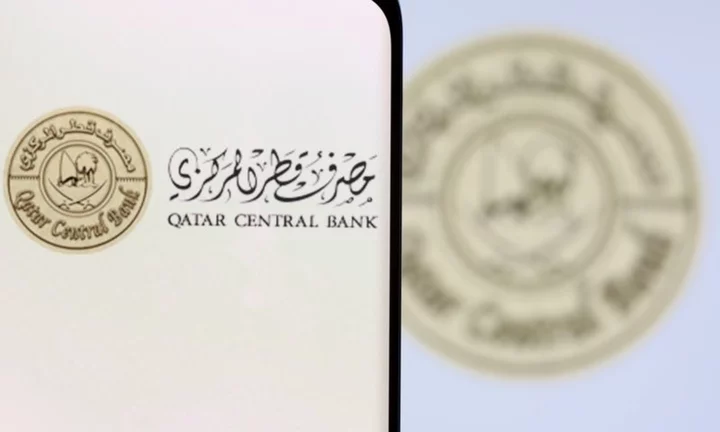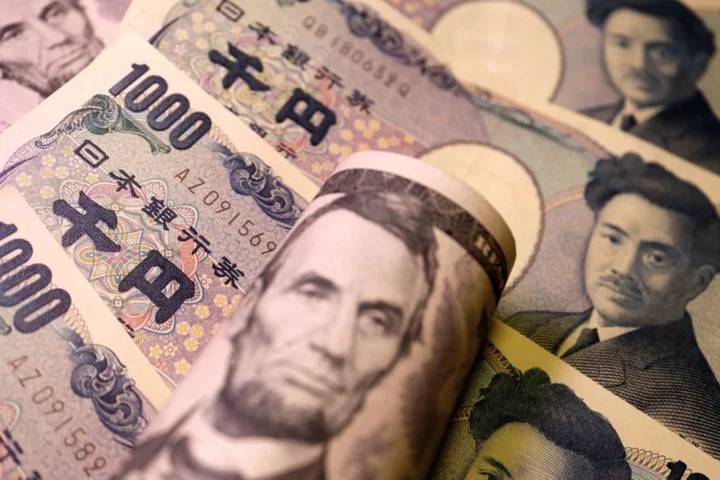By Alaa Swilam and Yomna Ehab
CAIRO/DUBAI Most Gulf central banks increased their key interest rates on Wednesday after the Federal Reserve raised rates by an expected quarter of a percentage point, citing still-elevated inflation as a rationale for the latest hike.
The Fed raised its rate by 25 basis points (bps) on Wednesday and left the door open to another increase.
Oil and gas exporters in the Gulf tend to follow the Fed's lead on rate moves as most regional currencies are pegged to the U.S. dollar; only the Kuwaiti dinar is pegged to a basket of currencies, which includes the dollar.
However, regional economies have been largely shielded from stubbornly high inflation, and a Reuters poll in April showed that inflation in the region was expected to be between 2.1% and 3.3% this year and fall lower in 2024.
The central banks of Saudi Arabia and the United Arab Emirates mirrored the Fed move, as did Qatar, Kuwait and Bahrain, although the latter left two rates out of four unchanged.
The Saudi central bank, known as SAMA, increased its repo rate to 6% and its reverse repo rate to 5.5%, both by 25 bps, and the UAE said it would raise the base rate on its Overnight Deposit Facility to 5.40%, from 5.15%, effective Thursday.
Qatar also increased its main rates by 25 bps, taking the lending interest rate to 6.25%, the deposit interest rate to 5.75% and the repo rate to 6%, while Bahrain raised the one-week deposit rate to 6.25% and the overnight deposit rate to 6%.
The Central Bank of Kuwait increased its discount rate by 25 bps to 4.25% from 4%, and said in a statement it wants to remain supportive of economic growth, particularly in non-oil sectors.
(Reporting by Alaa Swilam and Yomna Ehab; Additional reporting and writing by Rachna Uppal; Editing by Jonathan Oatis)









